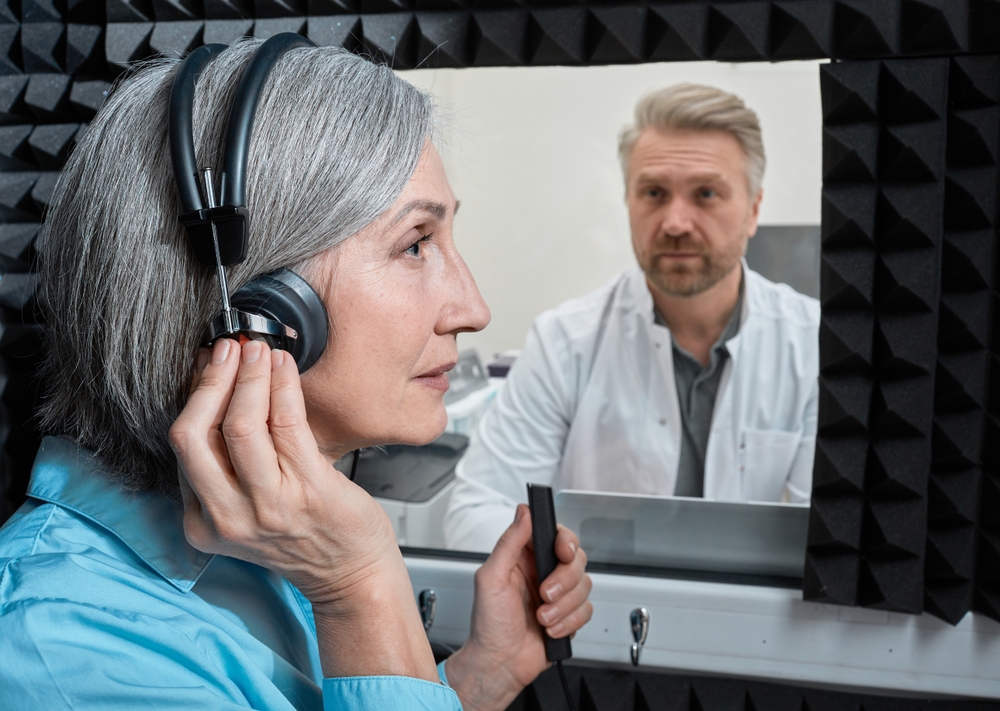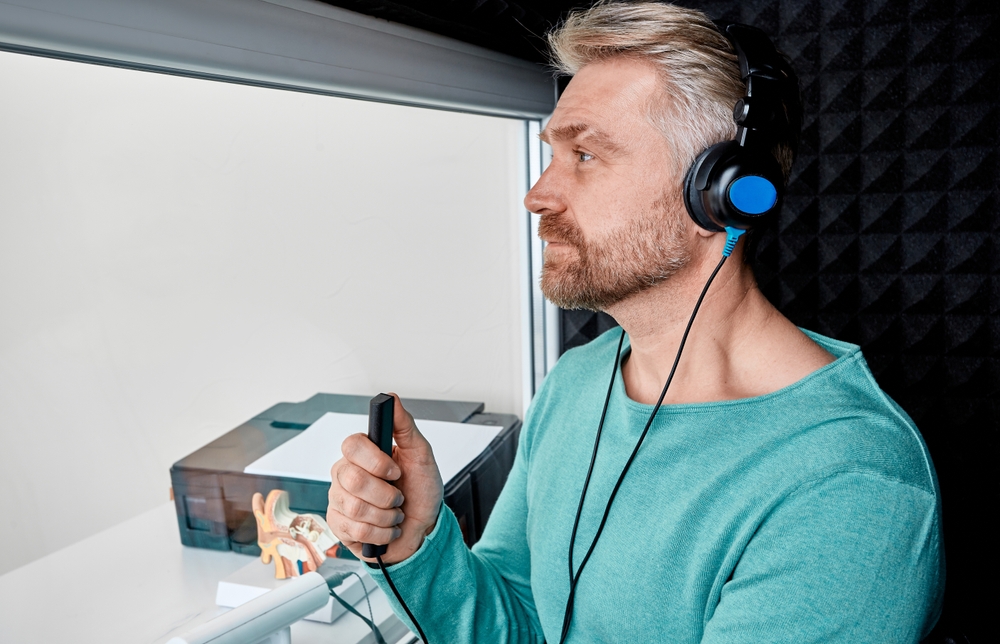They call it the “Sandwich Generation.” You spend your 20s and 30s raising your kids. And then you spend your 40s and 50s taking care of your senior parents. You’re sandwiched between your children and your parents, hence the name. And it’s increasingly common. For caretakers, this means spending a lot of time thinking about Mom or Dad’s overall care.
Taking Mom to a cardiologist or scheduling an appointment with an oncologist feels like a priority, so you aren’t likely to forget anything like that. What falls through the cracks, though, are the little things, like the annual checkup with a hearing specialist or making sure Mom’s hearing aids are charged. And those little things can make a big difference.
The importance of hearing to senior health
More and more published research has echoed one surprising truth: your hearing is vitally important. What’s more, your hearing is essential in a way that goes beyond your ability to communicate or listen to music. Untreated hearing loss has been linked to several mental and physical health issues, including depression and loss of cognitive abilities.
So when you miss Mom’s hearing appointment, you might inadvertently be increasing her risk of developing these issues, including dementia. If Mom isn’t able to hear as well these days, she could start to isolate herself; she stops going to movies, doesn’t meet with her friends for coffee, and eats dinner alone in her bedroom.
This kind of social isolation can happen very quickly when hearing loss sets in. So if you notice Mom starting to get a little distant, it might not have anything to do with her mood (yet). It could be her hearing. And that hearing-induced isolation can itself eventually lead to cognitive decline (your brain is a very use-it-or-lose-it kind of organ). So noticing the signs of hearing loss–and ensuring those signs are treated–is essential when it comes to your senior parents’ mental and physical health.
How to ensure that hearing is a priority
Okay, we’ve convinced you. You’re taking it as a given that hearing is important and that untreated hearing loss can snowball into other issues. How can you make sure ear care is a priority? There are a few things you can do:
- Remind your parents to wear their hearing aids every day. Consistent hearing aid use can help ensure that these devices are operating to their maximum capacity.
- Help your parents remember to charge their hearing aids every night before they go to bed (at least in cases where their devices are rechargeable).
- Anyone over the age of 55 or 60 should be undergoing a hearing screening every year or so. Make sure that your senior parent has a scheduled appointment for such a screening.
- Keep an eye on your parents’ behavior. If you notice the television getting a little louder every week, talk to Mom about making an appointment with a hearing specialist to see if you can pinpoint a problem.
- The same is true if you notice Mom starting to isolate herself, canceling on friends and spending more time in the house. A trip to a hearing specialist can help illuminate the existence of any hearing difficulties.
Preventing future health problems
As a caregiver, you already have a lot on your plate, especially if you’re part of that all-too-common sandwich generation. And hearing problems can feel somewhat trivial if they aren’t causing immediate friction. But the evidence is pretty clear: treating hearing ailments now can prevent a multitude of serious issues in the long run.
So when you take Mom to her hearing appointment, you could be preventing much more costly ailments down the road. You could head off depression before it begins. You might even be able to lower Mom’s risk of developing dementia in the near-term future.
For most of us, that’s worth the trip. And it’s definitely worth a quick reminder to Mom that she should be wearing her hearing aid more diligently. And once that hearing aid is in, you might just be able to have a nice conversation, too. Maybe over lunch. Maybe over sandwiches.



